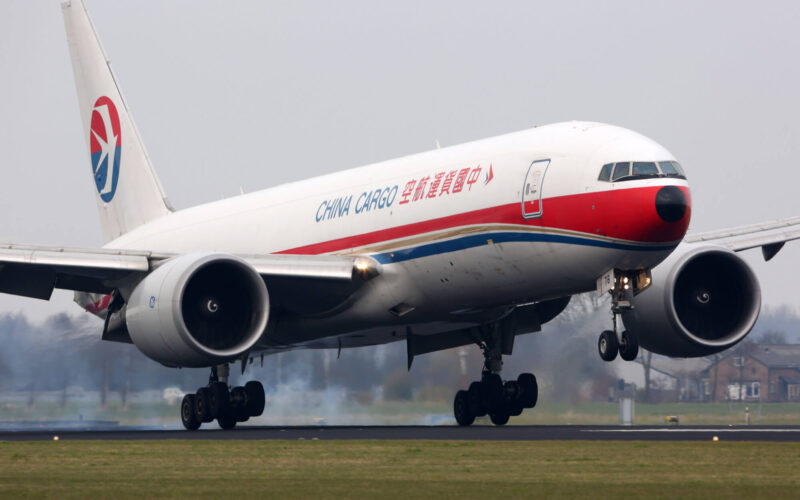Global air cargo traffic will increase more than twice by 2039, while the world’s air cargo fleet is expected to expand by more than 60%, according to Boeing’s newly released 2022 world air cargo forecast.
According to the US-based aircraft manufacturer, the increase in cargo flights will be largely driven by the growing e-commerce industry, with the Asia-Pacific region accounting for nearly 40% of all cargo deliveries over the next 20 years.
The outbreak of COVID-19 in 2019 caused a sharp decline in passenger air travel demand. This had a lesser impact on the air freight sector, which managed to generate revenue while expanding in volume. In fact, global revenue from air freight has grown by 70% in comparison to pre-pandemic levels. In addition, this branch of the industry has 300 new freighters in operation since 2019.
Boeing observed that the COVID-19 pandemic highlighted the importance of main deck freighter aircraft in airline fleets, though belly-freight on passenger wide-body aircraft has also been beneficial for the air freight transport growth in the past 10 years.
It is ultimately only freight configured aircraft that will be most needed for this category. Unlike commercial aircraft, freighters can transport hazardous, and more voluminous cargo. Additionally, passenger flight schedules do not always fit into shipper timing needs.
By 2039, 2,430 freighters are expected to be delivered, with approximately half replacing retiring airplanes and the remainder needed to meet projected traffic growth.

